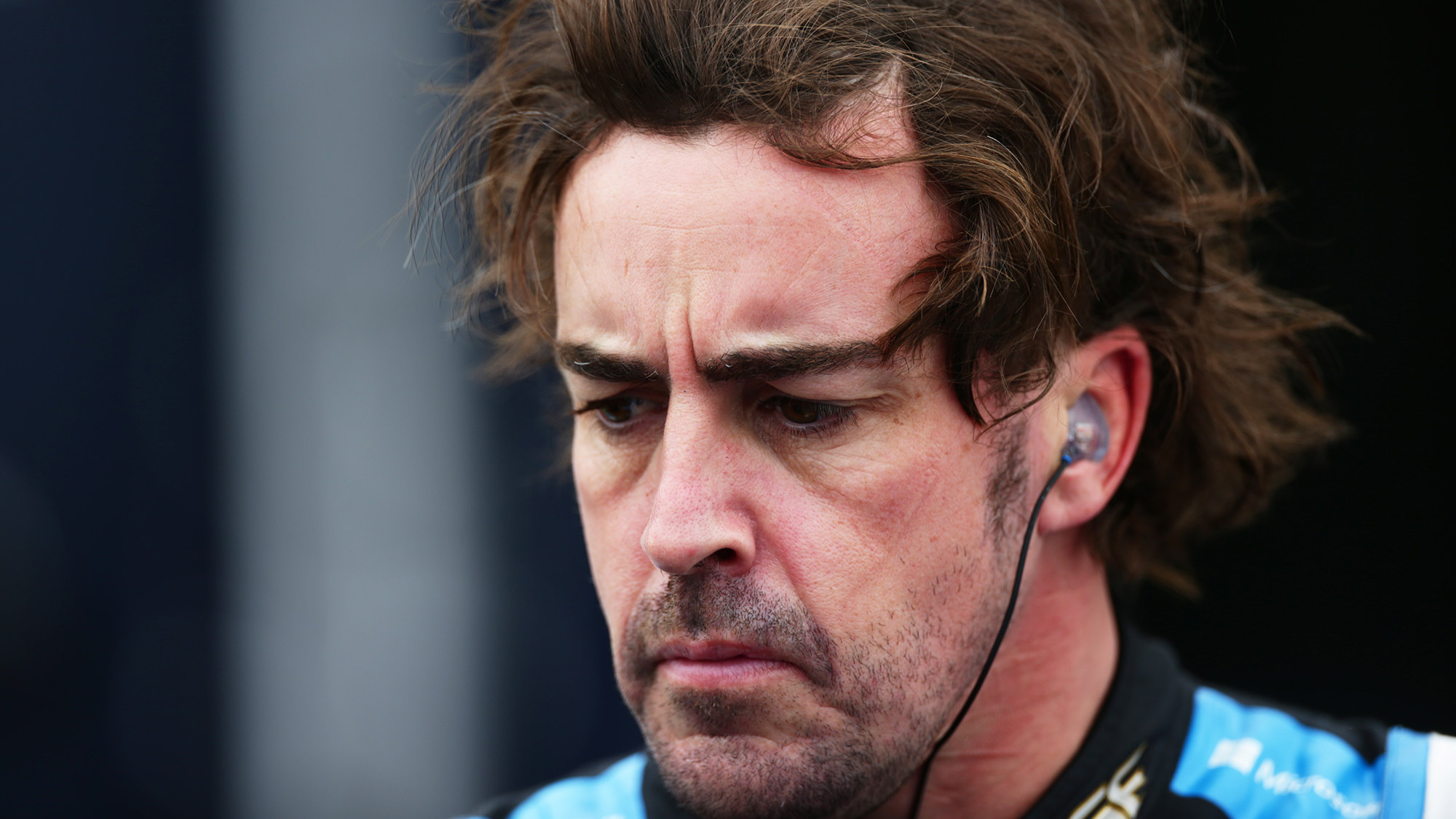Fernando Alonso Has Returned To The Same Formula 1 He Couldn't Stand
When Fernando Alonso announced that he was leaving Formula 1 at the end of the 2018 season, he cited the sport's predictability as one of the reasons he became disillusioned with it.
"In 2004 and 2009, I was not winning any single race in those years," Alonso told Autosport at the time. "But it was difficult to predict [then] what could happen in Spa and Monza [for example]. Now, we can write down what is going to happen at Spa and Monza. We can put the first 15 positions with maybe one or two mistakes. So how predictable everything became is tough."
While the first races of 2021 have produced some surprises, like the technical challenges encountered by Mercedes and the strong pace of AlphaTauri, I doubt most F1 fans would argue Alonso's remarks weren't true when he made them. Today he's back in F1, driving for Alpine. In the lead-up to the recent Emilia Romagna race, the two-time champ reflected on applying what he's learned in other forms of racing to F1. Those comments are making the rounds again:
"I think there are many things that you can learn from other experiences away from F1. F1 is a very closed environment and let's say you repeat the same thing every two weeks and the same routine every two weeks. Your driving style it gets... in a way the same over the years and you just follow these instructions from your team so that you are optimising everything in the car and they are optimising as well your driving style — telling you what to do, where to save the tyre, save the energy on the battery, where to perform the burnouts, how many to do before the start...
"Everything is so controlled that you are not able to improvise many things on a Formula 1 weekend. I think in endurance racing you have to let's say be yourself much more than any other race car, in a way you are fighting traffic in different places, on different laps, in different times of day, for every single lap."
Alonso went on to finish 10th that weekend — a place behind teammate Esteban Ocon. Not bad, but also not where he or Alpine probably wants to be.
From the outside, F1 does indeed seem restrictive, set up in a way where relative performance becomes highly stratified and overall parity is hard to achieve. In the interview, Alonso talks of keeping more to himself in F1, versus the encouragement and benefit of sharing data with his Toyota teammates when he competed in the World Endurance Championship.
It's because I agree with everything Alonso's saying that, as I read his latest comments, I kept repeating the same question in my head.
Why'd you come back, then?
F1 hasn't changed all that much in the two years you weren't around. And while the new aerodynamics and power unit regulations for 2022 and 2025, respectively, coupled with the cost cap, may make F1 more conducive to the improvisation you want, it's too early to tell if those measures will work. Even if they do, how many years are you planning to stick around to find out?
In all likelihood, the new rules will probably shake up the running order, as was the case in 2009. Yet that shuffle could still result in a similarly permanent situation, where two different constructors are lofted atop the rest of the field for the next three or four years.
And Fernando — not to rag on you or anything, but you're getting up there in age — and Renault has not delivered an encouraging track record of continual improvement throughout the entire turbo-hybrid era. This was always going to be an uphill battle, just like the one you left. Though, if you stuck it out enough and didn't piss Honda off, you might've been in a prime seat for McLaren's rebirth. Or maybe in a better car for the 500.
Maybe it was just about "coming home," as you've talked about. Maybe it was about your $20 million salary, which ranks the second-highest for any driver in F1 today, even though Lewis Hamilton makes more than double that much. Who knows. And look — you don't need to justify your reasons to anyone. Nevertheless, I'll still be here wondering what you expected to get out of this.
